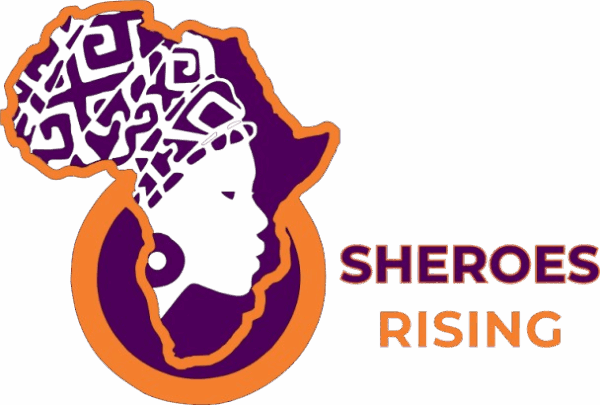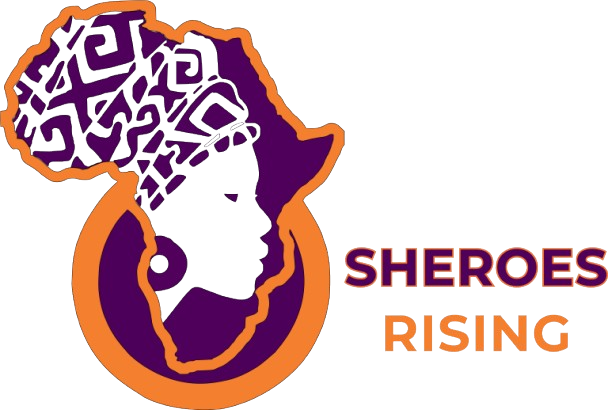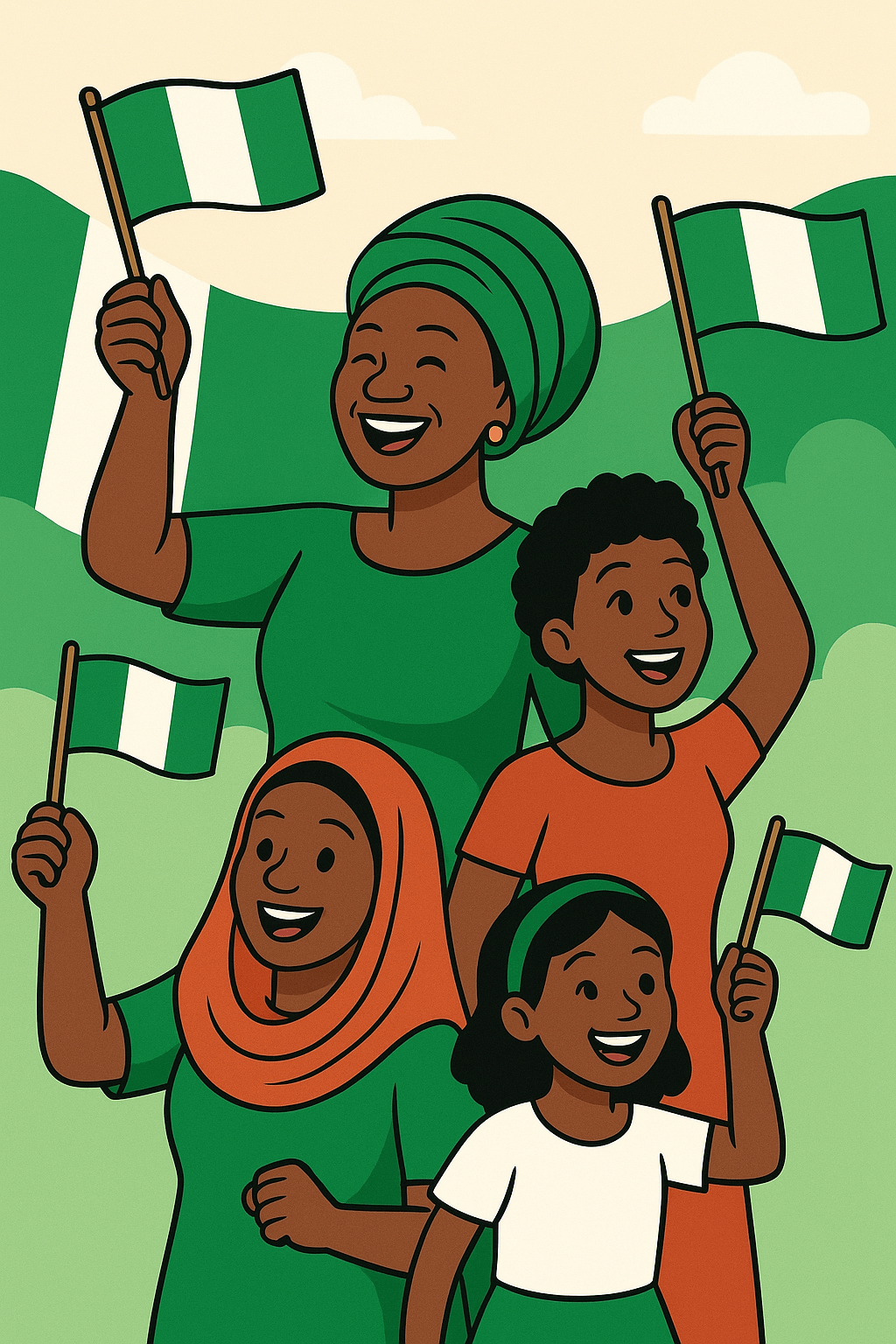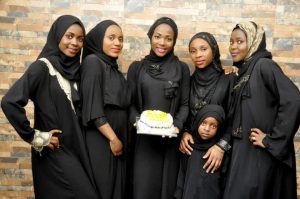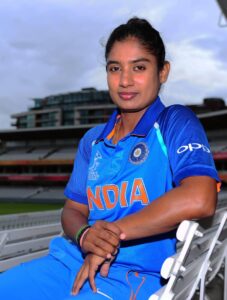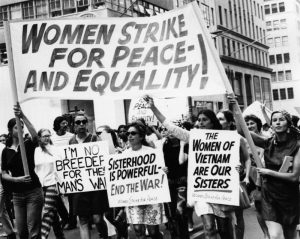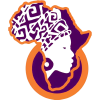Every October 1, Nigerians raise their flags high to honor the nation’s independence. It is a day of pride, a reminder of freedom, and a celebration of identity.
But beneath the parades and presidential speeches lies a story that is often overlooked: the role of women. Mothers, daughters, market leaders, activists, and trailblazers, whose courage helped shape Nigeria’s independence.
While men’s names often dominate our history books, the independence struggle was never a one-gender fight. Women were there marching in the streets, organizing from market stalls, speaking from union halls, and whispering dreams of freedom into their children’s ears. On this Independence Day, it is time to tell “herstory” alongside “history”.
Before Independence: Women in the Struggle
Independence didn’t begin in 1960, it was prepared for long before, in the daily struggles of ordinary people. And women, far from being passive, were some of the loudest and bravest voices.
In 1929, the Women’s War (also called Ogu Umunwanyi) broke out in southeastern Nigeria. Sparked by the attempt to impose direct taxation on women, over 10,000 women led by Nwanyeruwa confronted colonial officials. They marched, sang, occupied government offices, and demanded accountability from warrant chiefs. Many were beaten or killed, yet their defiance shook the colonial government and changed the way policies were imposed. Their courage became one of the first large-scale political protests in Nigeria.
In the southwest, Funmilayo Ransome-Kuti emerged as one of the most fearless leaders of her time. She organized the Abeokuta Women’s Union, mobilizing thousands of market women to resist unfair taxation and fight for representation. Her campaigns challenged the authority of the Alake of Egbaland, forcing him to step down temporarily. She later became an outspoken nationalist, aligning women’s struggles with the broader push for independence.
In the north, Gambo Sawaba rose as a fiery voice in politics. She campaigned for women’s education, political participation, and equality at a time when even speaking publicly as a woman was considered rebellious. She endured arrests, imprisonment, and physical attacks but refused to be silenced.
Other trailblazers like Margaret Ekpo and Elizabeth Adekogbe took the struggle beyond protest into political organizing. Ekpo not only championed women’s rights but also became a significant figure in Nigeria’s early democratic politics, representing both women and workers. Adekogbe founded the Nigerian Women’s Party in 1944, creating one of the first platforms that gave women a united political voice.
These stories remind us that the journey to independence was paved not only by speeches in parliament but also by market strikes, protests, and fearless advocacy, much of it led by women.
“When women rise, nations are reborn.”
October 1, 1960 and the Promise of Equality
When the Union Jack was lowered on October 1, 1960, and the Green-White-Green was raised, Nigeria declared itself free. With independence came new constitutional rights: Nigerian women could now vote and stand for political office. This was a turning point on paper, the nation had acknowledged women as equal citizens.
Yet, in reality, the transition was not so simple. At independence, very few women occupied formal political positions. Patriarchal norms, financial constraints, and social attitudes meant that politics was still seen largely as a man’s arena.
Still, women’s voices refused to be sidelined. Margaret Ekpo became a household name, representing women at political conferences, serving in the Eastern House of Assembly, and ensuring that women’s concerns were heard in decision-making. Funmilayo Ransome-Kuti continued to mobilize women, even representing Nigeria at international forums. Gambo Sawaba remained relentless in her advocacy across Northern Nigeria, insisting that independence without women’s participation was incomplete.
Their presence in the first years of Nigeria’s independence symbolized both victory and unfinished business. Independence had given women recognition, but not full inclusion.
The Weight of Exclusion
For all the progress made, the decades following independence revealed how difficult true equality would be. Women faced:
Cultural barriers: Many communities still believed politics was “men’s work” while women’s roles were confined to home and market.
Institutional barriers: Political parties rarely fielded women candidates, and those who dared to run were often underfunded or dismissed.
Violence and intimidation: Women in politics, like Gambo Sawaba, faced physical threats and attacks.
Social stigma: Female activists were often labeled as “troublesome” or accused of neglecting their domestic duties.
Despite these hurdles, women kept pushing. From classrooms to courtrooms, from health campaigns to grassroots organizing, they claimed space in Nigeria’s nation-building journey.
Beyond the Flag: Women Carrying the Torch
Independence was never a destination; it was a starting point. Nigerian women across generations have continued to carry the torch of freedom forward.
In education, women activists have fought for universal access to schooling for the girl child, knowing that education is the most powerful tool of liberation.
In politics, women leaders continue to break barriers though underrepresented, their voices echo in state assemblies, ministerial positions, and advocacy groups.
In community development, women have led peacebuilding, healthcare delivery, and grassroots entrepreneurship, sustaining families and communities when systems fail.
Every October 1 is not just about looking back to 1960 but also about recognizing the unfinished work of independence because until women and girls are fully empowered, the promise of freedom remains incomplete.
Why Women’s Role on Independence Day Matters
It is easy to treat Independence Day as a day for fireworks, parades, and speeches. But for women, it is a day of reflection:
Are we truly free if our daughters are still denied education in some communities?
Are we truly independent if women remain underrepresented in decision-making spaces?
Can we celebrate freedom while violence against women persists at alarming rates?
Independence is not just the lowering of a colonial flag; it is the daily practice of dignity, equity, and justice. For Nigeria, that means recognizing women not as “add-ons” to history but as co-authors of the nation’s destiny.
The Girl Child: The Future of Independence
Perhaps the most powerful symbol of Independence Day is not the flag but the Nigerian girl child. Every girl in school today, raising her small flag in celebration, carries the unfulfilled dreams of those who marched in 1929, who protested in Abeokuta, who endured prison cells in Kaduna.
To invest in her education, to protect her rights, and to give her equal opportunities is to honor those who fought before us. She is both the evidence of how far we’ve come and the promise of how much farther we must go.
A Call to Action
As we celebrate October 1 this year, let us not just wave flags. Let us:
Tell Herstory: Share the stories of women like Nwanyeruwa, Ransome-Kuti, Ekpo, Adekogbe, and Sawaba so they are never erased from Nigeria’s memory.
Mentor Girls: Create platforms for girls to lead, speak, and dream without fear.
Challenge Structures: Demand reforms in political parties, laws, and institutions that continue to sideline women.
Celebrate Everyday Sheroes: From the teacher in a rural classroom to the market woman funding her children’s education, recognize women as the heartbeat of our independence.
Conclusion
On October 1, 1960, Nigeria declared itself free. But the full story of independence cannot be told without the women who resisted, organized, and dreamed of a better nation. Their courage was not a footnote, it was the foundation.
As we raise our flags this year, let us also raise our voices. Let us honor the women who came before us by building a Nigeria where every woman and girl knows she belongs at the center of the nation’s story.
Happy Independence Day, Nigeria.
Happy Independence Day, Nigerian Women.
Awwal Sheriff
